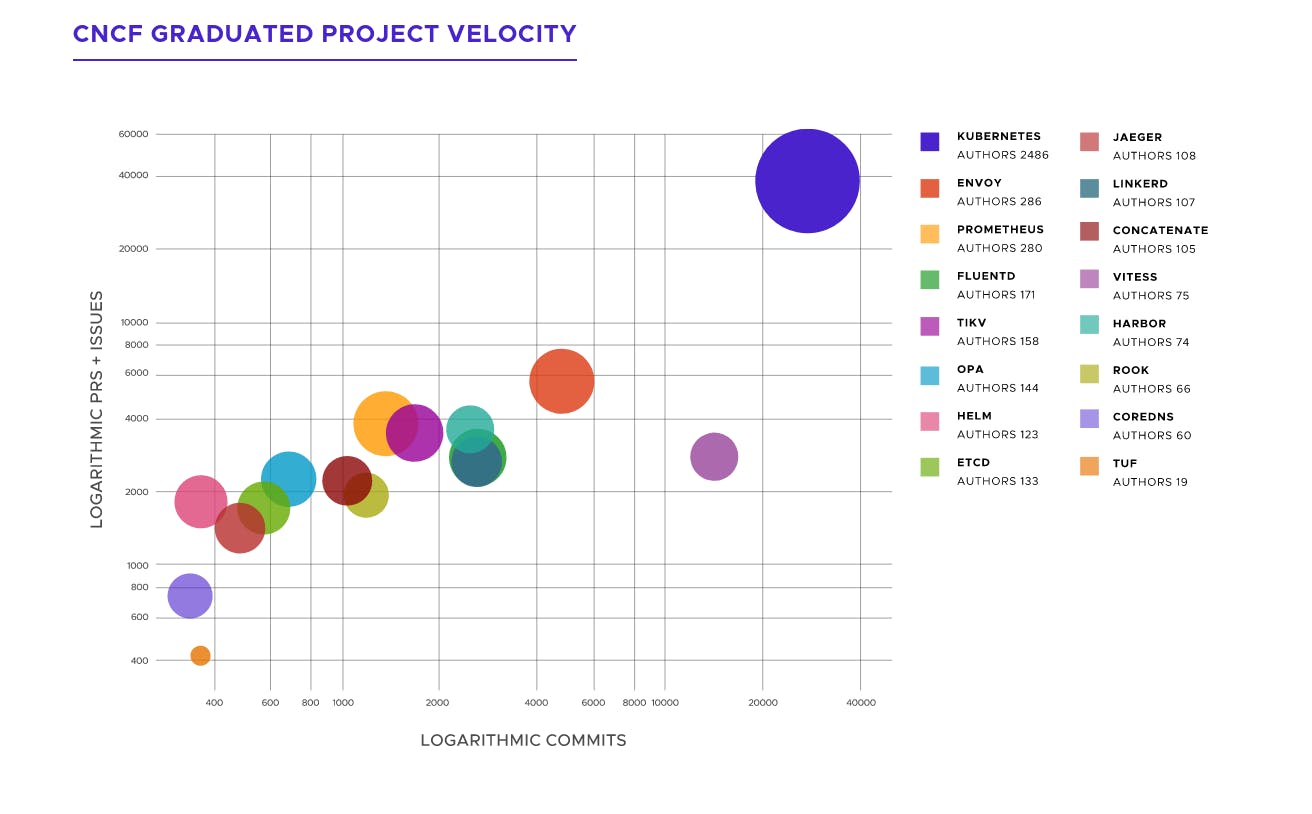Kubernetes and Cloud Native Associate (KCNA)
Until recently, the Cloud Native Compute Foundation (CNCF) only provided certifications for very experienced hands-on Kubernetes skills, i.e. CKAD, CKA and CKS. In this article I will give you a quick overview of CNCF's latest addition: KCNA.
Gaps
The existing credentials CKAD, CKA and CKS are well-known and respected in the Kubernetes community, but there were still two gaps:
- There were no Kubernetes beginner certifications.
- There were no certifications about any of the other 100 CNCF projects.
Therefore, CNCF created a new credential called Kubernetes and Cloud Native Associate (KCNA) which has been available since November 18th 2021 and aims for
- entry-level Kubernetes skills
- general cloud native ecosystem knowledge
I've already proven my Kubernetes skills by getting CKAD, so my interest was more in the part about the cloud native ecosystem. I consider it as a gap in my own knowledge. I know some tools very well, some little, but most of them not. Well, that probably holds for anybody since there are just so many CNCF projects:
- 16 graduated projects
- 25 incubating projects
- 69 sandbox projects
Kubernetes is by far the biggest project, but some others have earned their place as well, like Prometheus, Helm, and Linkerd - as you can see in the image below.

Graduated project velocity, from the CNCF annual report 2021
By becoming a Kubernetes Certified Service Provider CINQ ICT earned some CNCF vouchers, so I used one to see what the Kubernetes and Cloud Native Essentials course and KCNA exam learns me about the rest of the cloud native ecosystem.
Kubernetes and Cloud Native Essentials - course
As expected, I was scanning and skipping most of the Kubernetes chapters. However, the content was well written, holistic and complete and provide a very good fundamental for Kubernetes beginners. Personally, I especially enjoyed the "additional resources" paragraphs, which contains links to some very good blogs and docs about all kind of Kubernetes fundamentals e.g. Docker v1.0 announcement, fundamentals of container networking, difference between OCI v.s. CRI and Docker v.s. Containerd, difference between containers and pods. Most of them go way deeper into Kubernetes than needed for the KCNA exam, but where therefor very interesting to me.
Putting my hopes on the final two chapters on Cloud Native Application Delivery and Observability, my hopes vanished quickly when I started reading them. The cloud native ecosystem is only touched lightly, with just a little extra attention to Prometheus basics. Other than that, it's more like an overview on which tool does what with minimal descriptions.
KCNA - exam
During the exam almost no questions about the rest of the cloud native ecosystem came by. Which makes KCNA even more just a beginners Kubernetes credential.
- Duration: 90 min
- Number of questions: 60
- Passing Score: 75%
- Questions: multiple choice
- Results: within 24 hours
- Certification Validity: 3 years
Conclusion
All together it's nice that there is an entry-level Kubernetes certification now, it was definitely missing. For engineers that are starting their journey in the world of Kubernetes, this is definitely a great way to start. The part about cloud native ecosystem is disappointing. Also from a beginners point of view. So for CNCF, there is still a gap left and I hope it will be filled with some sort of certification on the cloud native ecosystem in the future.
References
- https://www.cncf.io/certification/kcna/
- https://docs.linuxfoundation.org/tc-docs/certification/important-instructions-kcna
- https://www.cncf.io/announcements/2021/11/18/kubernetes-and-cloud-native-essentials-training-and-kcna-certification-now-available/
- https://training.linuxfoundation.org/training/kubernetes-and-cloud-native-essentials-lfs250/
- https://landscape.cncf.io/
- https://www.cncf.io/cncf-annual-report-2021/
- https://www.cncf.io/announcements/2021/02/24/cloud-native-computing-foundation-welcomes-47-new-members-at-the-start-of-2021/